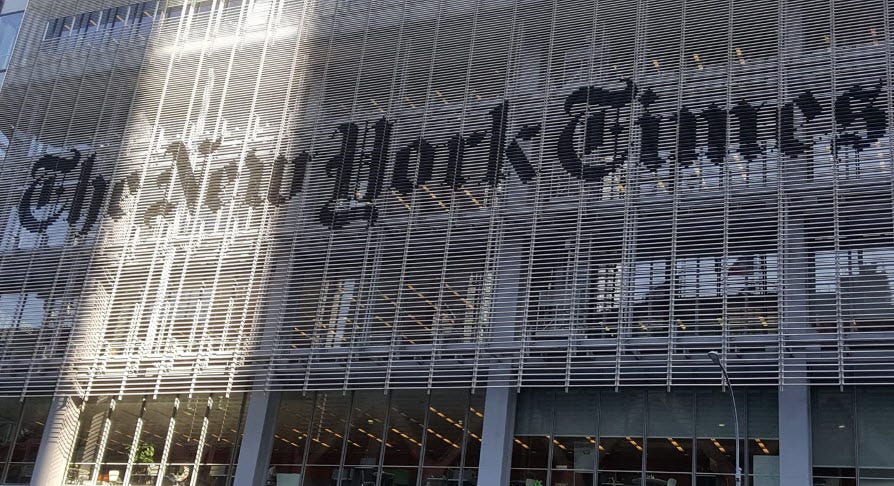Journalists under siege: Anticipated assaults on New York Times v. Sullivan, as well as shield, defamation, and wiretapping laws
Reporters must think out of the box to survive the next four years
A convicted criminal who acts like a mob boss and is hellbent on revenge against his real and imagined enemies—even those who have done nothing more than defend the rule of law—will soon control, directly or indirectly, every aspect of the federal government. And the U.S. Supreme Court’s 7-3 super majority of conservativ…
Keep reading with a 7-day free trial
Subscribe to MOBOLOGY to keep reading this post and get 7 days of free access to the full post archives.



